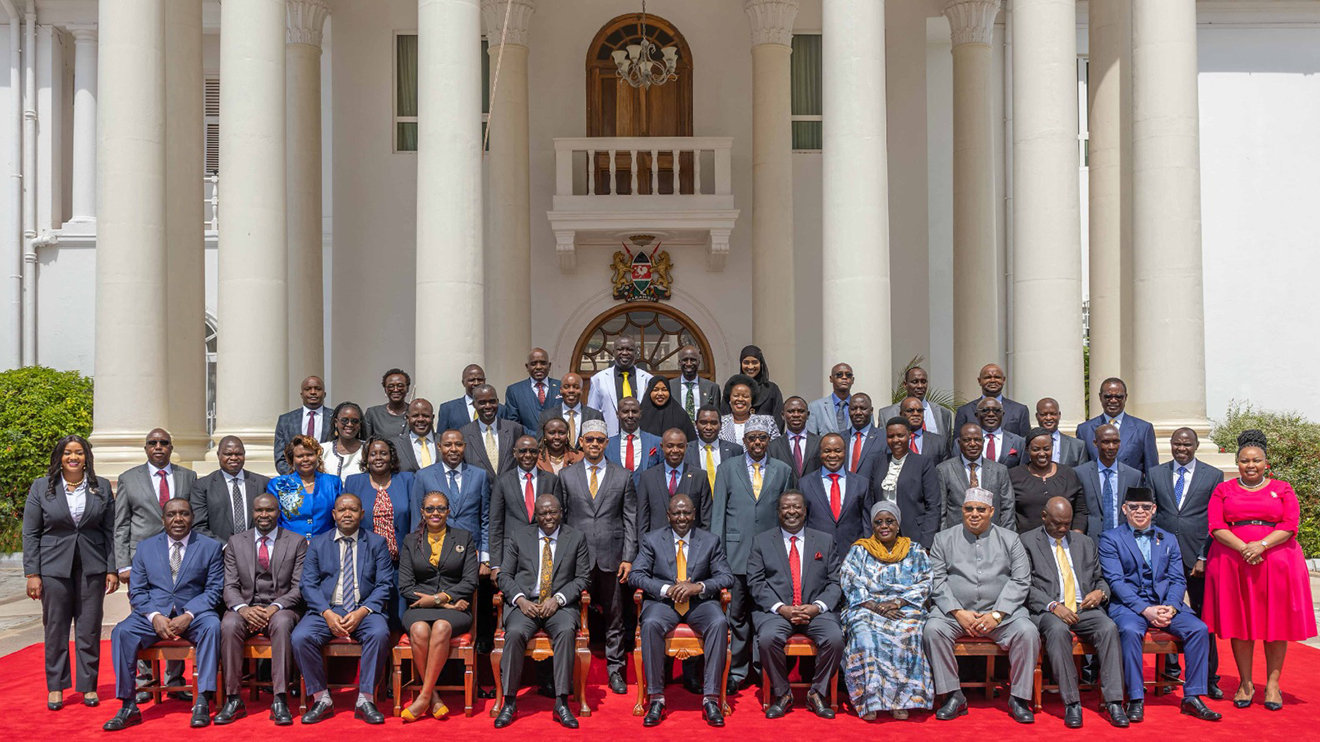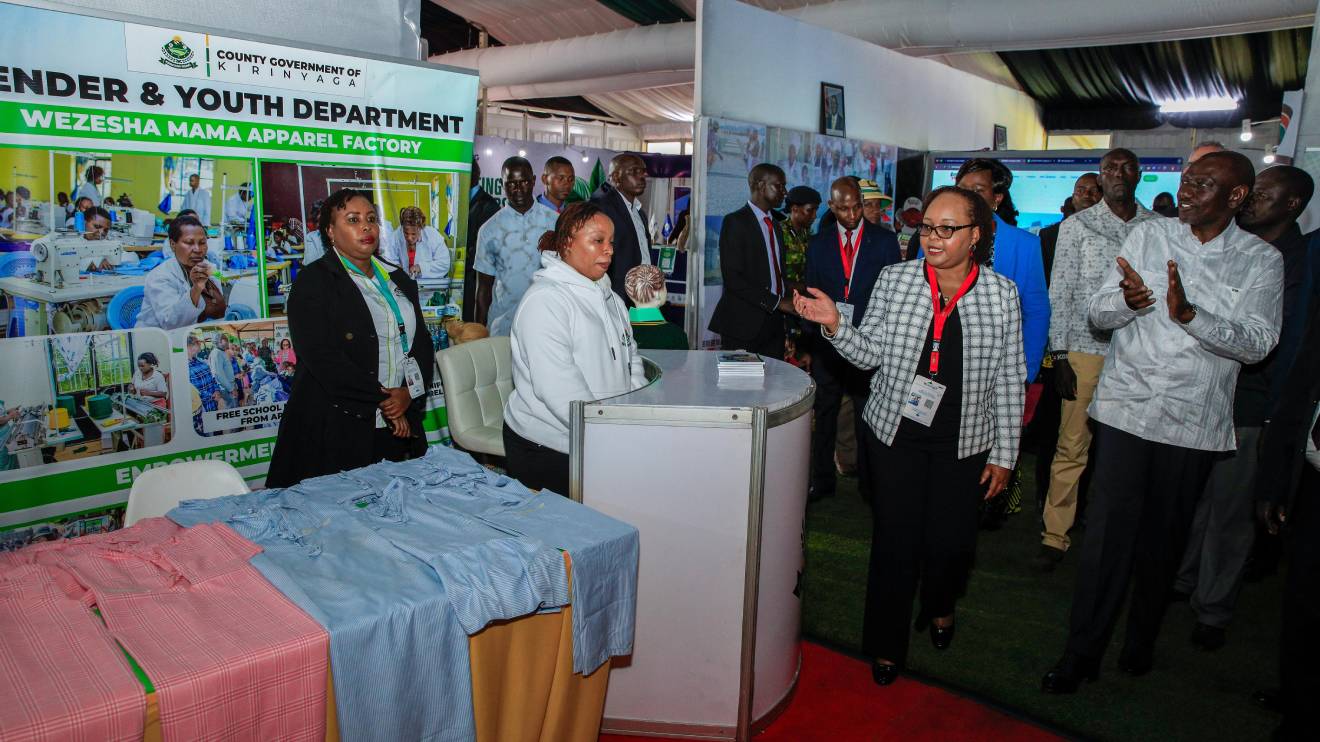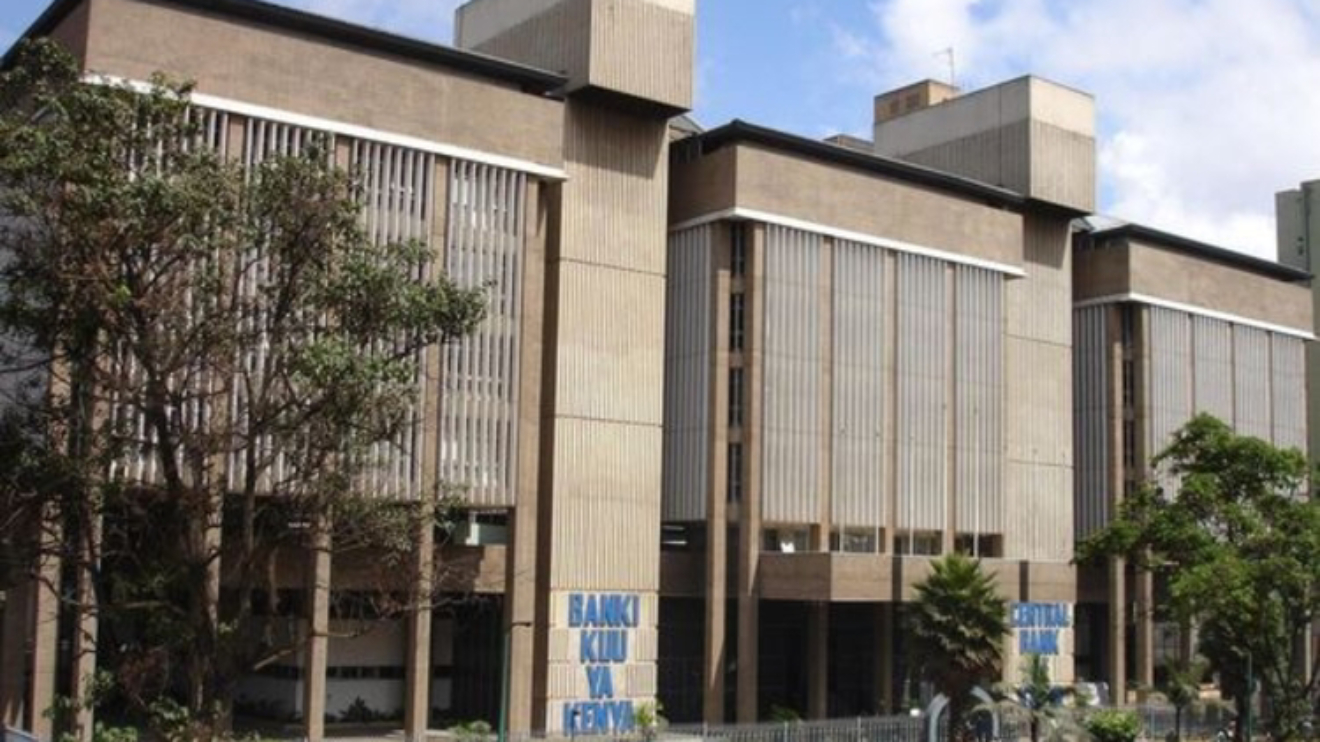The High Court has made a groundbreaking ruling, declaring the appointment of 50 Chief Administrative Secretaries (CASs) by President William Ruto as unconstitutional.
The decision came in response to a petition filed by the Law Society of Kenya (LSK) and Katiba Institute, challenging the appointment process.
In a ruling delivered on Monday, a three-judge bench sitting in Nairobi concluded that the establishment of 50 CAS positions and the appointment of officeholders did not adhere to the constitutional requirements.
Justices Kanyi Kimondo and Aleem Visram supported the majority ruling, while Lady Justice Hedwig Ong'udi dissented.
The court highlighted that public participation in the creation of the CAS post had only been conducted for 23 occupants, while the creation of the additional 27 occupants lacked the necessary public participation as mandated by the constitution.
Read More
"We do not think that it was the intention of the framers of the Constitution to have 50 CASs deputizing 22 CSs. For the avoidance of doubt, the appointment of the 50 CASs is unconstitutional," the court unequivocally ruled.
Notably, the court emphasized that even though the CAS position was abolished on September 21, 2022, the newly-created office and complement of 23 officeholders could no longer benefit from that stay.
The court also determined that the newly-established office and the full complement of 50 CASs had to comply with the constitution and the criteria set out in a previous case.
However, they failed to do so, rendering the entire complement of 50 CASs unconstitutional.
"The newly-created office and fresh complement of 50 had to comply with the constitution and the criteria set out earlier in Okiyah’s case in order to be lawfully established. They did not comply. The entire complement of 50 CASs is therefore unconstitutional," the court stated.
These CASs were sworn in by President Ruto on March 23, after the National Assembly declined to vet them, stating that it had no constitutional authority to do so.
However, following the petition, the High Court issued orders restraining the CASs from assuming office until the case was heard and determined. The court also prohibited the appointees from receiving any salary, remuneration, or benefits during this period.
It is worth noting that the Judiciary clarified that it did not oversee the swearing-in ceremony and had no role in the process, as it did not send any official to the State House for that purpose.
This landmark ruling by the High Court has significant implications for the government, highlighting the importance of adhering to constitutional procedures in the establishment and appointment of public offices.
It sets a precedent and reinforces the need for proper public participation to ensure transparency and accountability in such processes.











